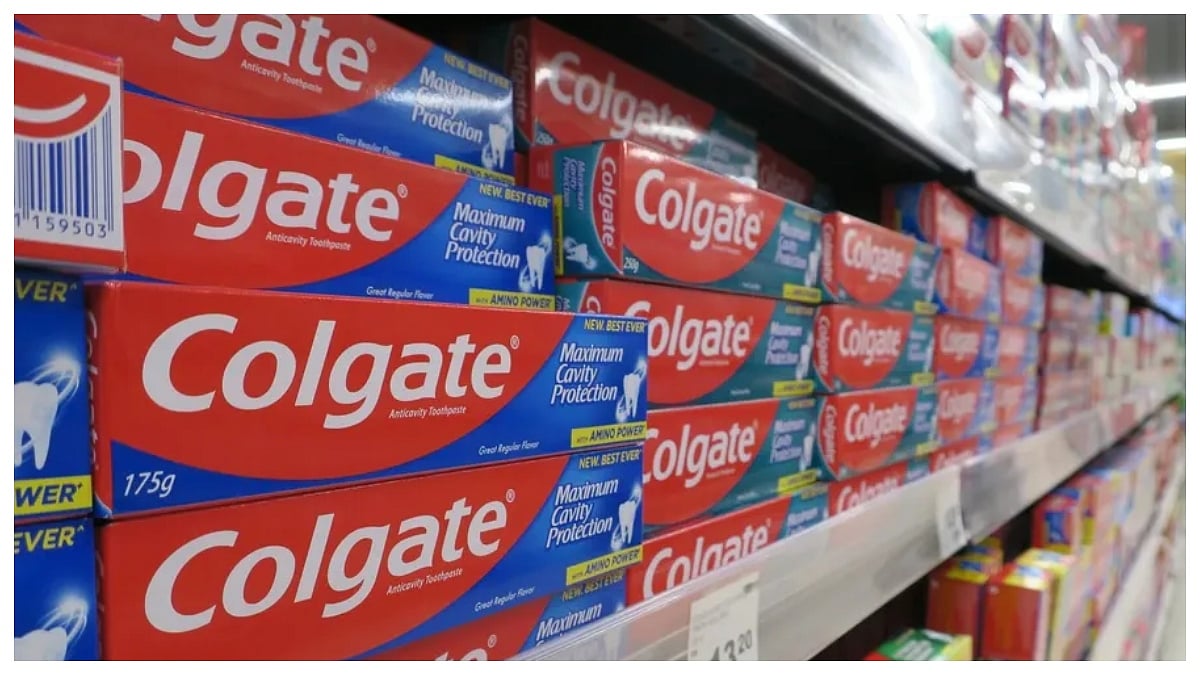Mumbai: Colgate-Palmolive, India’s leading toothpaste manufacturer, is facing a surprising slowdown in one of its most loyal markets. Despite being a household essential, toothpaste sales in India have declined sharply in recent quarters. The company’s Chairman and Global CEO Noel Wallace said recovery is now expected only next year, as urban demand remains weak and recent GST-related supply disruptions have affected performance.
Declining Sales in India
Colgate’s once-unshakable dominance in the Indian oral care market is slipping. Wallace acknowledged that while rural markets are performing moderately well, urban demand has been sluggish. The company’s Indian unit has reported sales declines for three consecutive quarters, signaling a worrying trend for one of the country’s oldest and most trusted FMCG brands.

Why Are Colgate’s Sales Falling?
According to company reports, the decline stems from GST rate adjustments and inventory disruptions. In the September quarter, Colgate’s revenue fell by 6.3 percent.
Two years ago, Colgate held a 46.1 percent share of India’s Rs 16,700-crore toothpaste market; it has now dropped to 42.6 percent. Meanwhile, competitors are gaining ground — Dabur has increased its share to 13.9 percent, Patanjali holds 10.9 percent, and GSK Consumer commands 8.8 percent.
Dabur, in particular, reported a 14 percent growth in its oral care segment, while Hindustan Unilever (HUL) saw a slight decline. This shift suggests that Indian consumers are increasingly exploring Ayurvedic and natural alternatives, areas where Dabur and Patanjali dominate.

Colgate’s Strategy for a Comeback
To regain momentum, Colgate is focusing on premium products and innovation. The company recently relaunched its popular 'Colgate Strong Teeth' variant to revive demand and re-engage loyal customers. Wallace emphasised that Colgate is 'investing heavily in innovation within core products' and expanding its premium segment to strengthen its position in modern trade channels.
Despite the slump, Colgate remains confident that India will continue to be a key growth market once macroeconomic and supply challenges stabilise.








